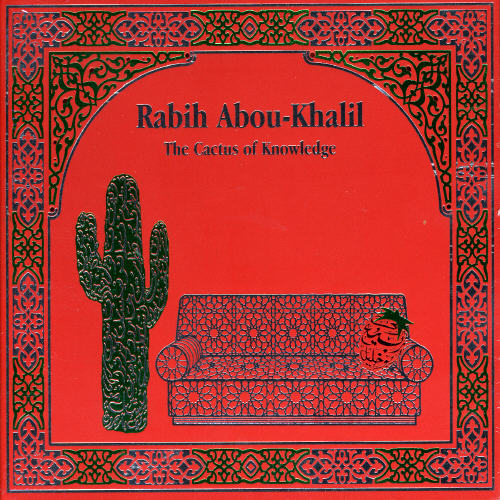
description
s a typical pyramidal one, with a critical minority of people gradually moving up through the social structure due to their own intelligence and diligence, and in some cases through violence and fraud. When they have sufficient financial power and influence, they will in turn consolidate and expand their vested interests by changing the rules of the game and creating a ruling elite with interlocking interests. If the power pyramid structure of Eastern societies is based on regimes, the Western pyramid of domination is a chain of very hidden debts that hold the various strata of society firmly together. In Western societies, creditors have dominant power and debtors are in a dominated position, and the main function of the state apparatus is to protect and reinforce the reliability of this chain. In the West, whoever is the biggest creditor is the ultimate lawmaker of the game, and central banks, controlled by international bankers since the 19th century, are undoubtedly the biggest creditors of society as a whole, with the rest of society, including governments, being their debtors. From this perspective, the West today is actually a financial powerhouse controlling government decisions.
This book will comprehensively describe the formation, development, exclusion, conflict, alliance and checks and balances of the major financial power groups in Europe and the United States over a period of 300 years, systematically analyze the operation and decision-making mechanism of the dominant forces behind the scenes in the world today, and for the first time unveil the mystery of the "international banking family club" that rules the world.
This book will comprehensively describe the formation, development, exclusion, conflict, alliance and checks and balances of the major financial power groups in Europe and the United States over a period of 300 years, systematically analyze the operation and decision-making mechanism of the dominant forces behind the scenes in the world today, and for the first time unveil the mystery of the "international banking family club" that rules the world.
member goods
No member items were found under this heading.
listens & views

SUE'S ROCK'N'BLUES: THE UK SUE ...
by SUE'S ROCK'N'BLUES: THE UK SUE STORY 2 / VARIOUS
COMPACT DISCout of stock
$12.99
Return Policy
All sales are final
Shipping
No special shipping considerations available.
Shipping fees determined at checkout.






